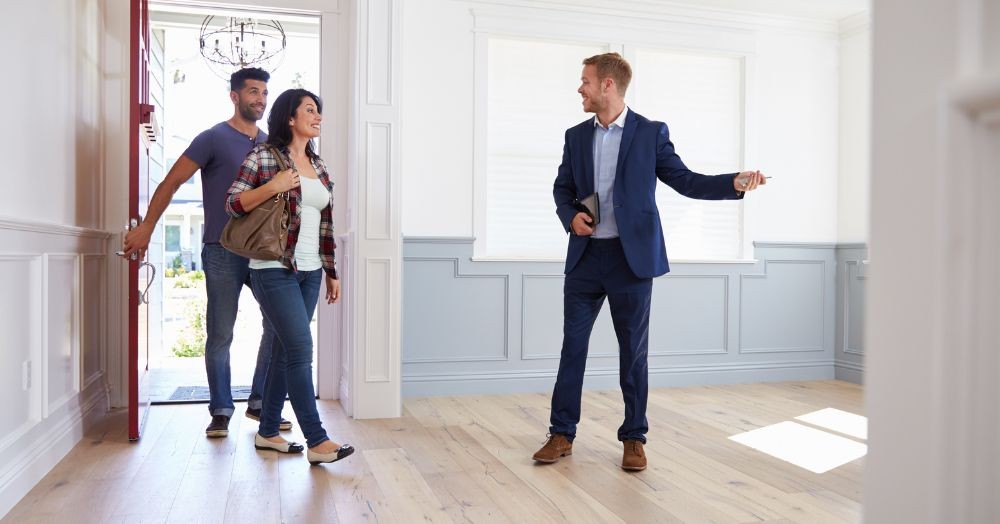
How to have the perfect viewings when trying to sell your home
Viewings are an essential part of the process if you plan to sell your home this new year. There's no getting away from it, as it is highly unlikely that anyone will commit to buying a new home without viewing it first.
The viewing appointment itself is often an overlooked part of the process. Many homeowners simply open the door and let the prospective buyers wander around. Others might opt for a grand tour, divulging far too much information and overwhelming the viewers completely with tales relating to every aspect of your home.
There are things you can do, as the seller, to improve the viewing experience for both yourself and the buyer. Whilst this probably won't persuade someone to make an offer if they don't like the property, it can improve the time they spend at your property and leave them with a lasting impression. It could be enough to push them if they are on the fence.
Plan a route - The idea is to showcase your home in the best way possible and ideally end your tour in the best place, whether that is a particularly nice room or looking out at the best view so that this is the lasting impression that your home leaves in the mind of the viewer.
Relax the pressure. It is so easy to get overexcited and a little too eager, but if you relax the pressure and keep the viewing calm, the viewers can look at the property in detail. Imagine you are looking at items in a shop, and the sales assistant is super pushy - it is the biggest turn-off, and you likely can't wait to get out of the shop, leaving empty-handed. In this scenario, your property is the shop, and you are the sales assistant.
Give viewers space - allow them time in the property to take it all in. Ideally, conduct a guided walk around and then let them have a second walk about on their own. This will make sure that your property has left a lasting impression. If they leave your house and can't remember any of it, they definitely won't be making any offers, so give them time to absorb it.
Don't say too much - about yourself or the property. Many of us chatter when we are nervous, so it is pretty common that viewing appointments are filled with mindless small talk. Try to stay calm and don't feel you have to talk constantly. Silences are often good because they allow your viewers time to think. And ultimately, they are there to see your house, not you. It isn't necessary to make friends with every viewer; you don't need to know where they went on holiday or where they went to school. Keep it simple, and ideally, keep the focus on your property. But be careful not to say too much - they don't need to know that you had a leak ten years ago that you had repaired - it is fixed, there are no problems, and this highlights a negative thing that doesn't need to be shared.
If you are concerned about conducting viewing appointments, why not check to see if the estate agents can show your property for you? For more information, get in touch with our team of property experts, who are very happy to help.